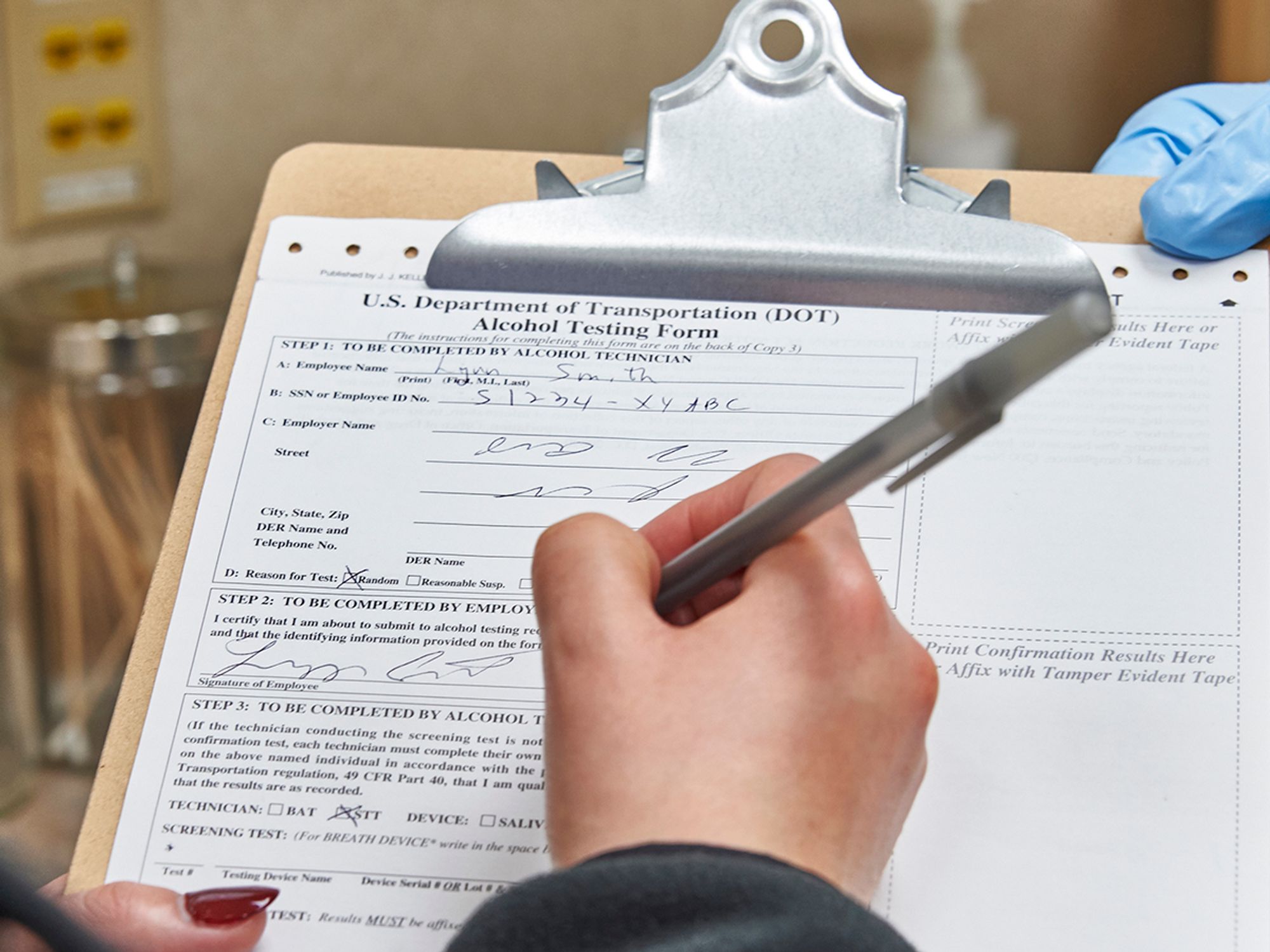What are the drug and alcohol recordkeeping requirements?

- Employers must keep testing records confidential.
- Records may need to be kept for up to five years.
As a company manages its drug and alcohol testing program, it will create and receive a variety of documents.
Maintaining the confidentiality of drug and alcohol testing records is critical, so a company must be careful how it handles them. An employee’s reputation may be on the line, and the company could face legal repercussions if documentation is not maintained appropriately.
The Federal Motor Carrier Safety Regulations (FMCSRs) take into account the need for confidentiality for all Department of Transportation (DOT) testing records. The regulations also acknowledge the need to access records at a later date, especially those involving a DOT drug or alcohol testing violation and rehabilitation. Record retention may be up to five years, depending on the circumstances.
